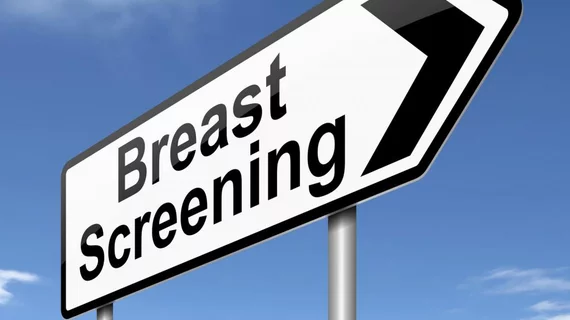Younger women more at risk for poor prognosis of screening mammograms
Roughly 15 percent of breast cancers are diagnosed between mammograms, and these types grow more rapidly than those detected through screening alone.
In response, researchers led by Anne Marie McCarthy, PhD, a cancer epidemiologist at Massachusetts General Hosptial, identified women most susceptible to these dangerous cancers in hopes to reduce risk, according to a recent study was published May 3 in JAMA Oncology.
McCarthy and her colleagues reviewed cases of 306,028 women at least 40 years of age who had screening mammograms between 2011 and 2014. They found that 90 percent of the women were told their mammograms were negative, according to study results.
However, 160 of the women were diagnosed with breast cancer in the following year, with 70 of them considered to have a "poor prognosis". Of these women, those who had gotten an 'all clear' had higher changes to have a poor prognosis than those whose cancers were identified through mammography screening, the researchers wrote.
Ultimately, the researchers found that a women's age were risk factors associated with poor prognosis— women in their 40s were three to five time more likely to get a poor prognosis than women in the 70s or 80s, the researchers found. However, the researchers found that breast density did not play a significant role.

